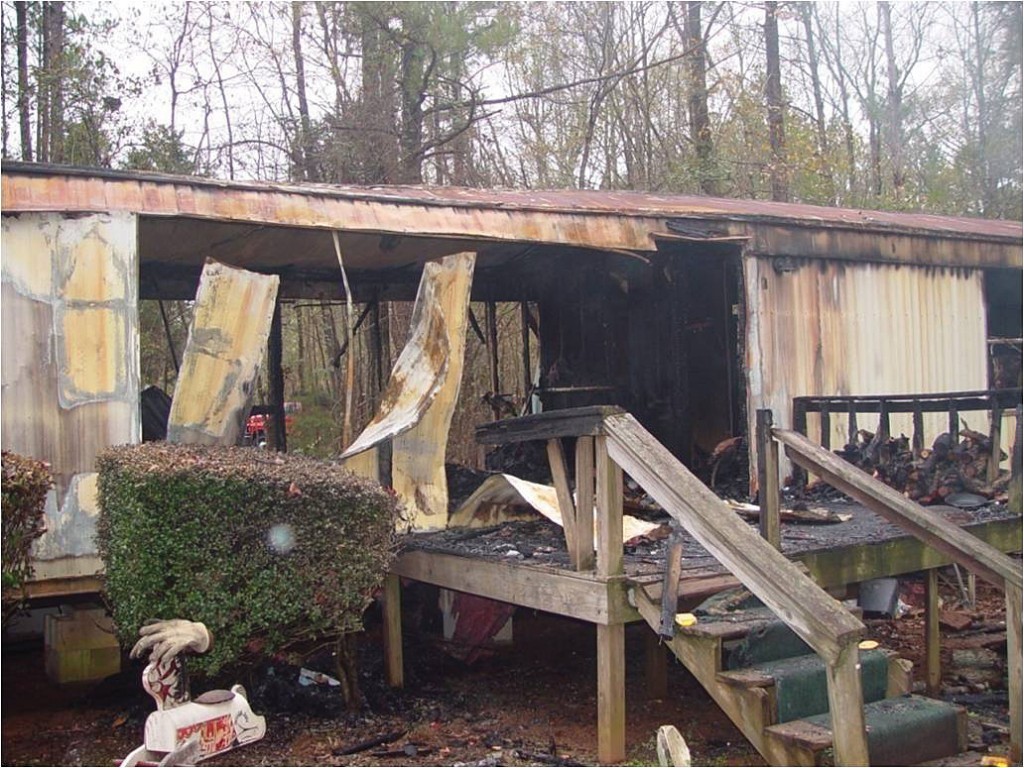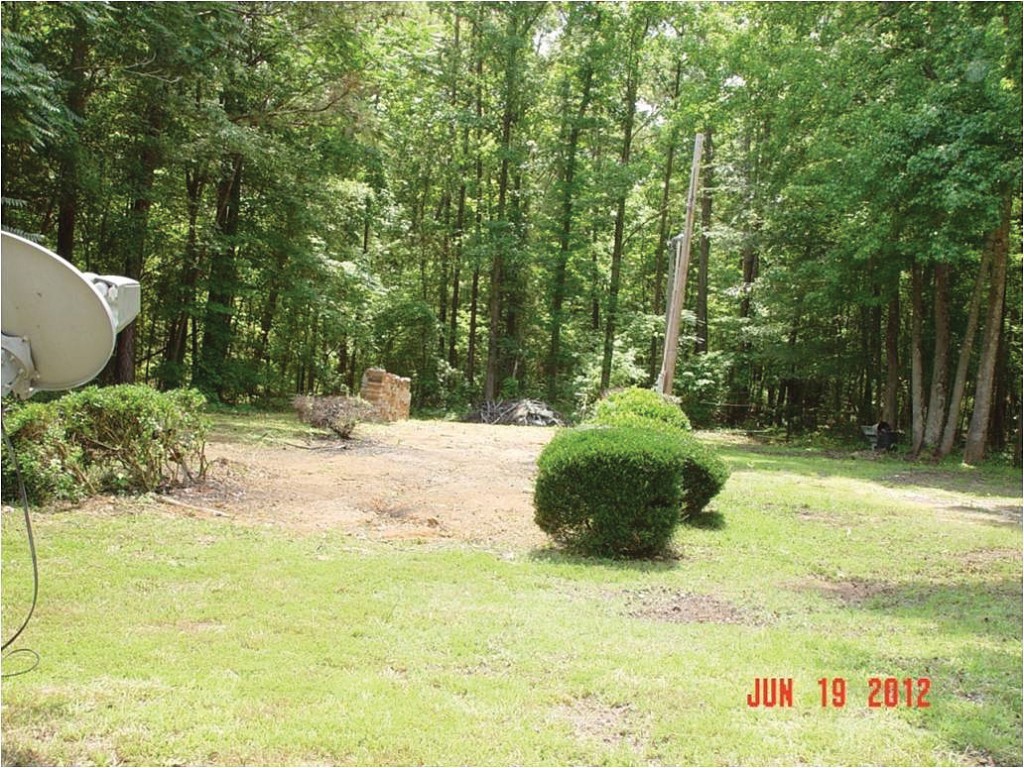The Fairfield County landscape is changing, slowly but surely, as enforcers of the recently enacted Property Maintenance Code go to work and property owners gradually get the message: Clean up or pay up.
While the Fairfield County cleanup is not without its critics, Deputy County Administrator Davis Anderson said the enforcement is working and the new codes are for the benefit of the entire county.
“It’s about having your community look like a livable community,” Anderson said. “When people come to our county, the first thing they say shouldn’t be ‘Lord! Look at all this abandoned junk everywhere!’”
Anderson, along with Ron Stowers, Marvin Jeter and LaShonda Holmes, sat down with The Voice last week to show some of the County’s work since the codes went into effect. Stowers is the County’s Director of Planning and Zoning. Jeter and Holmes are code enforcement officers for the County, and it is their job to canvas the county, inspect properties and work with property owners to comply with the codes.
The ‘before’ and ‘after’ photos say it all. In recent weeks, property owners have been compelled to haul off trash, mend broken steps, cut back overgrown trees and shrubs from around homes and either repair or demolish unsafe structures. The building that once stood at the corner of Winter Street and Highway 321 Business is a prime example of the latter. After standing empty for years with a collapsing roof and faulty wiring, the building was demolished last month. Similarly, an owner of property on Twinleaf Drive was encouraged to remove a burned out mobile home from a lot there after a visit from code enforcement officers.
Walking away from a fire-gutted mobile home is common, Anderson said, even though many insurance policies carry a debris removal option. But for some, the price of cleanup can be costly.
“If they don’t have a debris removal option and they can show it would be a hardship, the County will put a bin on the property so they can clean it up,” Anderson said. “Not because we want to get in the cleanup business, but because it’s a hardship – and you can fine them all you want, but if they can’t pay it doesn’t do you any good.”
And the new codes do come with fines, the teeth that give them their bite. For abandoned and unsafe buildings, a property owner can be fined up to $500 a day. The same goes for abandoned manufactured home and mobile homes. For junked cars, unkempt lots or the accumulation of garbage, the fine is $200 a day. But the fines don’t just appear out of thin air. First, property owners receive a notice of violation – the dreaded ‘red sticker’ – and are given 10 days to clean up lots, 30 days to remove abandoned homes. There’s also an appeal process if property owners feel they need more time or if they feel they are not in violation.
In addition to addressing dilapidated buildings, ordinance 541 also mandates that property owners keep their lots free of tall grass, overgrown vegetation, garbage and stagnant water. Such accumulations, according to the ordinance, “may become a nuisance causing injury or sickness to the health and welfare of residents or the public in the vicinity,” or may cause “injury to neighboring property.” Such lots, Holmes said, provide homes to rats, snakes and other critters that can’t tell where one property line ends and another begins.
Holmes also said that the response to the cleanup has generally been positive, particularly from neighbors of property owners her department has cited for violations. But not everyone sees the new code enforcement as a benefit.
“It’s terrible,” said Jimmy Ray Douglas, owner of Carolina Furniture in downtown Winnsboro and an outspoken critic of Fairfield County government. “It’s just an excuse for them to hire some more people.”
Douglas, who owns numerous rental properties in Fairfield County, said he has felt the sting of the new codes firsthand.
“I’ve had six mobile homes demolished because of them getting on me about the way they looked,” Douglas said, adding the mobile homes could have been repaired, but demolition was more cost effective.
“We keep all our houses up,” Douglas said. “Many of them are state housing, and they’re inspected every year. We take care of our stuff.”
What concerns Douglas most, he said, are the homes in the mill village, owned by retirees living on a fixed income who can’t afford to do much to their property.
“There might be some houses in the mill village that need to be torn down and the lots fixed up,” Douglas said, “but some of these people who have been living there their whole lives – they shouldn’t pick on them. If they’re not going to treat everybody the same, then they shouldn’t do it at all.”
But Anderson said the new codes were not designed to create a hardship on anyone, but to make the county a better place to live.
“The purpose is not to harm anyone,” Anderson said, “but to help the county. If some government body doesn’t get behind cleaning up the county, who will?”
And a more attractive county, Anderson said, is a county more likely to draw not only new residents, but new industry.
“After all, if you’re looking to buy a new car, and if it’s all scratched up, you’re not going to buy it,” Anderson said. “It’s the same thing with property.”






